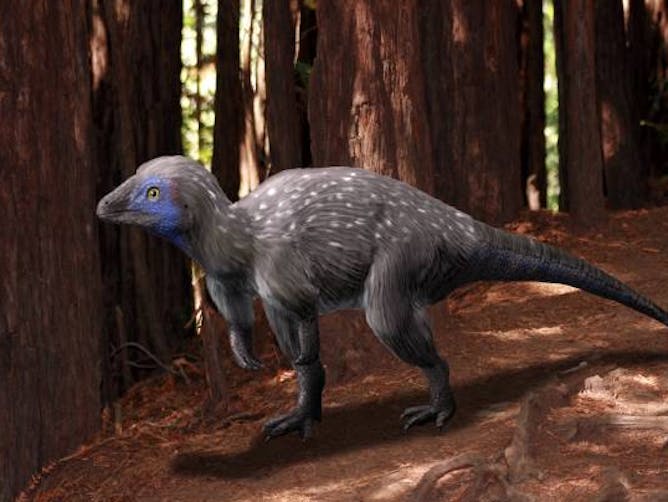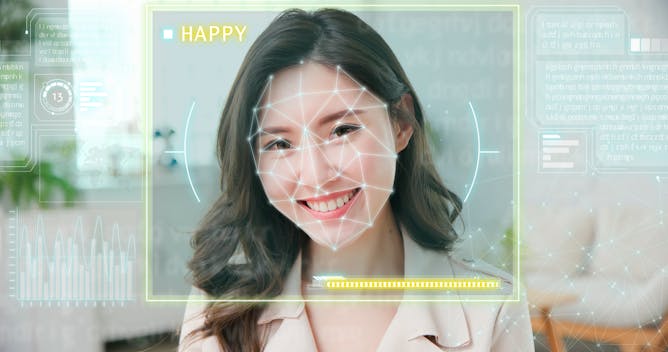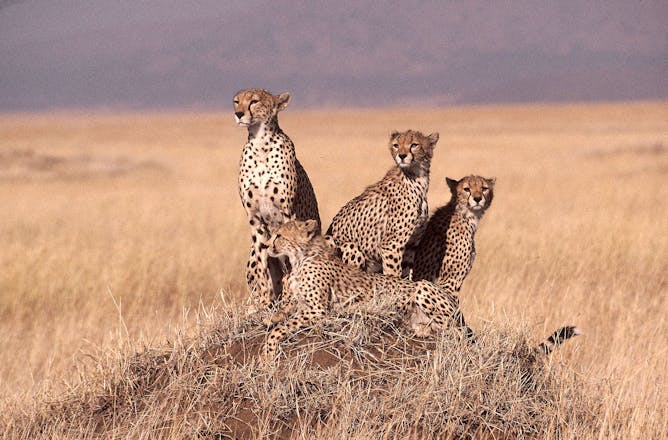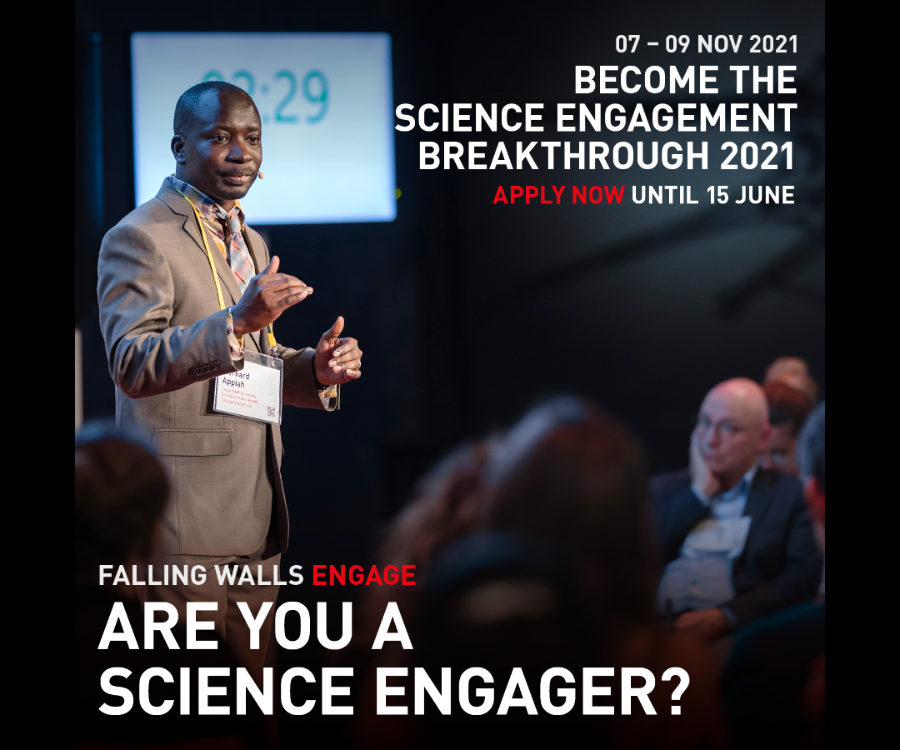|
|
|
|
Ever since palaeontologists started classifying fossils and bones as dinosaurs in the early 19th century, artists have been using them to try to imagine what these prehistoric creatures might have looked like. Anyone who has seen the Victorian sculptures of dinosaurs in London’s Crystal Palace Park will know that some of these depictions were better than others.
Our knowledge of what dinosaurs looked like keeps on evolving as more fossils are discovered and analysed in new ways. In this week’s episode of The Conversation Weekly podcast, we talk to two palaeobiologists about how new discoveries have changed our image of dinosaurs – from giant lizards, into colourful, feathered and warm-blooded creatures of all sizes. Listen here or wherever you get your podcasts.
Plus, why we should be wary of artificial intelligence that could be scanning our faces and trying to read our emotions. And with only 3% of our land left ecologically intact, what we can do to restore damaged habitats.
|
Gemma Ware
Editor and Co-Host, The Conversation Weekly Podcast
|

|
|

Kulindadromeus: more evidence is emerging of feathered dinosaurs.
Nobu Tamura via Wikimedia Commons
Gemma Ware, The Conversation; Daniel Merino, The Conversation
Plus, what Israel's latest election could mean for its foreign policy. Listen to episode 11 of The Conversation Weekly podcast.
|

AI can be biased.
aslysun/Shutterstock
Alexa Hagerty, University of Cambridge; Alexandra Albert, UCL
Emotion recognition technology raises questions about bias, privacy and mass surveillance.
|

Cheetahs in the Serengeti in Tanzania.
A J Plumptre
Andrew Plumptre, University of Cambridge
One-fifth of Earth's land could be restored to wilderness by reintroducing animals and improving management.
|
Health + Medicine
|
-
Rob Reddick, The Conversation
Both the AstraZeneca and Johnson & Johnson vaccines are now being investigated for links to rare blood disorders.
-
Patricia Fitzpatrick, University College Dublin
There were two main ingredients to Taiwan's COVID victory, researchers have found.
-
Andrew Winnard, Northumbria University, Newcastle; Claire Bruce-Martin, Northumbria University, Newcastle; Jonathan Michael Laws, Northumbria University, Newcastle; Nick Caplan, Northumbria University, Newcastle
Exercise is important for astronauts to prevent weak muscles.
-
Bradley Elliott, University of Westminster
But more intense exercises – such as weightlifting – are still important for health and fitness.
-
Archa Fox, The University of Western Australia; Damian Purcell, The Peter Doherty Institute for Infection and Immunity
We have two mRNA COVID-19 vaccines so far. But what else can this technology do?
|
|
Politics + Society
|
-
John Bowers, University of Oxford
The former prime minister didn't break any rules in his relations with Greensill – because the rules hardly exist.
-
Craig Mark, Kyoritsu Women's University
How Prime Minister Yoshihide Suga's government handles the games may just determine its fate in elections this year.
|
|
Science + Technology
|
-
Chenyang Cai, University of Bristol
Preserved in amber, a tiny beetle has shed light on the moment the world first burst into bloom.
-
David Beer, University of York; Benjamin Jacobsen, University of York
In some cases, people would hold back from sharing a memory in case it didn't receive enough likes.
|
|
Arts + Culture
|
-
Jan Machielsen, Cardiff University
A historian reviews Pablo Agüere’s award-winning Netflix film Akelarre and explains why it is one of the best films around on the early modern witch-hunt.
|
|
Business + Economy
|
-
Luke Yates, University of Manchester
David Cameron's work for Greensill highlights just some of the problems with current UK regulation on lobbying
|
|
| |
| |
| |
| |

|
| |
| |
| |
Featured events
|

|
Whiteknights House, PO Box 217, Reading, Reading, RG6 6AH, United Kingdom of Great Britain and Northern Ireland — University of Reading
|

|
University of Reading, Whiteknights House, PO Box 217, Reading , Reading, RG6 6AH, United Kingdom of Great Britain and Northern Ireland — University of Reading
|

|
University of Reading, Whiteknights House, PO Box 217, Reading, Reading, RG6 6AH, United Kingdom of Great Britain and Northern Ireland — University of Reading
|

|
Online, Online, Kent, CT2 7NZ, United Kingdom of Great Britain and Northern Ireland — University of Kent
|
|
|
|
| |
| |
| |
| |
| |
|
|
|
|
|
|
|